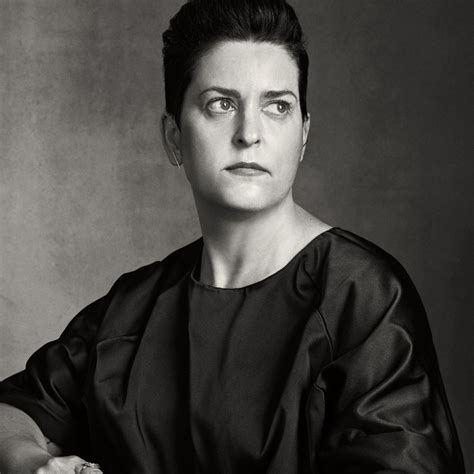A Quote by Polixeni Papapetrou
I think that there comes a point in the life of every young person to break away from the intimacy that they share with their parents. It is not to say that the intimacy is lost, but that it needs to change as children forge an autonomous identity and make their way into the adult world.
Related Quotes
Marriage is a way to avoid intimacy. It is a trick to create a formal relationship. Intimacy is informal. If a marriage arises out of intimacy it is beautiful but if you are hoping that intimacy will arise out of marriage, you are hoping in vain. Of course, I know that many people, millions of people, have settled for marriage rather than for intimacy - because intimacy is growth and it is painful.
More platform-sensitive generations will make distinctions between online and in-person intimacy, whereas fourteen-year-olds have very nuanced online selves and might embody their virtual identity in the physical, analogue version of themselves. They have a much more pluralistic understanding of the self. I don't think we'd be here now in this amazing sexual and gender revolution without the online space where young people can see and share other versions of identity and sexuality.
Delirious as it can be, sex is only one kind of intimacy, and yet has become the cultural catchment area for all kinds of needs because our understanding of intimacy is so poor. Brutal work schedules, related geographic isolation, and the concomitant fracturing of families has meant that there is little time for intimacy, and even less to teach the necessary skills. But intimacy, the axis of romance, is slow, based on the sharing of a life rather than show. In terms of intimacy, folding laundry together or sharing the feeding of a child can have more impact than the most extravagant bouquet.
Digital intimacy ruins the appetite for the real thing. So, when kids are gaming or even when spouses are gaming, they lose their appetite for genuine intimacy. Kids lose their appetite for getting their intimacy needs, their hunger for significance and attachment, with the family, and it erodes the relationship between them and their parents.
I make films that are very personal, and I always have. It's kind of the only thing that I think I have to offer as a filmmaker: the intimacy I've had with experience in a particular world, so the film comes from things I've seen and things I've felt. It gets transformed by the process. I don't think I'd ever start making a film until I had both the intimacy with the subject and the distance to make it live in a certain way.
When you get together with childhood friends, for example, there's an intimacy that you instantly have because you share something really profound in your past. There's a shortcut to emotional intimacy if you share your past with somebody. It's really empowering when you're reunited with people who share that.
In our friendships we have to be wise that we choose godly people to be our friends. Somebody might say, well does that mean that you should never have a lost person as your friend? No, I wouldn't say that. But you can't have the same intimacy with a lost person that you can with a godly person in whom the Holy Spirit is living.
You know what I find amazing is within Christianity it is not uncommon to find [married] people who don't have sexual intimacy, don't have emotional intimacy, don't have spiritual intimacy, don't pray together, don't do their life together, don't put their schedules together, don't put their budgets together, but they don't get divorced. So they can pat themselves on the back and say, 'We're good Christians.' They're divorced in everything but the paperwork.
Images detached from every aspect of life merge into a common stream, and the former unity of life is lost forever. Apprehended in a partial way, reality unfolds in a new generality as a pseudo-world apart, solely as an object of contemplation. The tendency toward the specialization of images-of-the-world finds its highest expression in the world of the autonomous image, where deceit deceives itself. The spectacle in its generality is a concrete inversion of life, and, as such the autonomous movement of non-life.




































